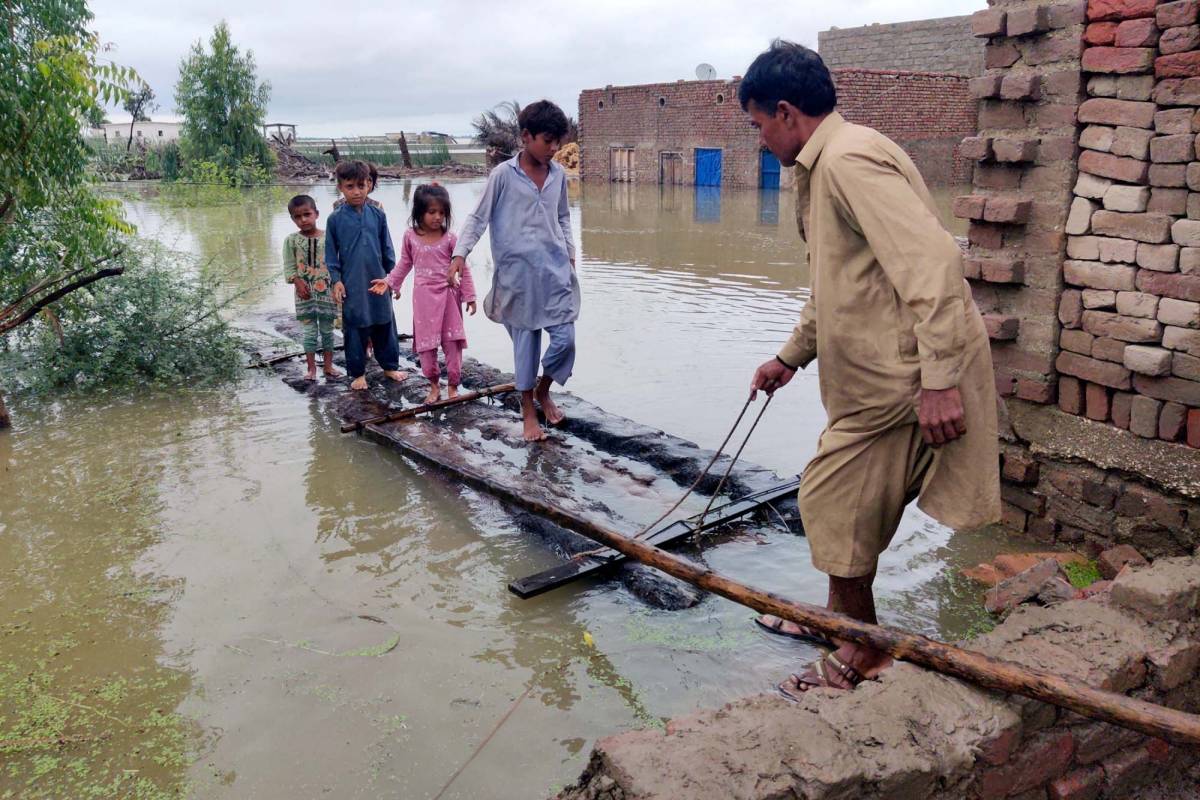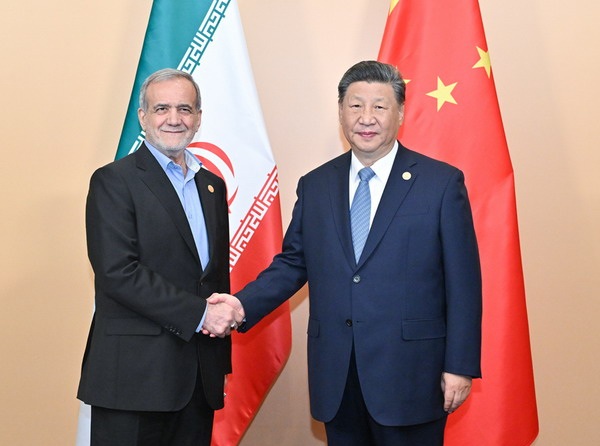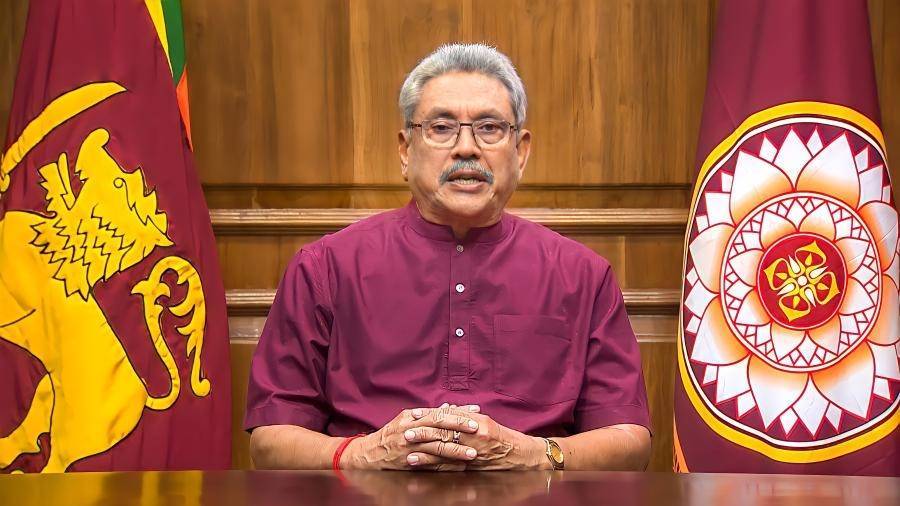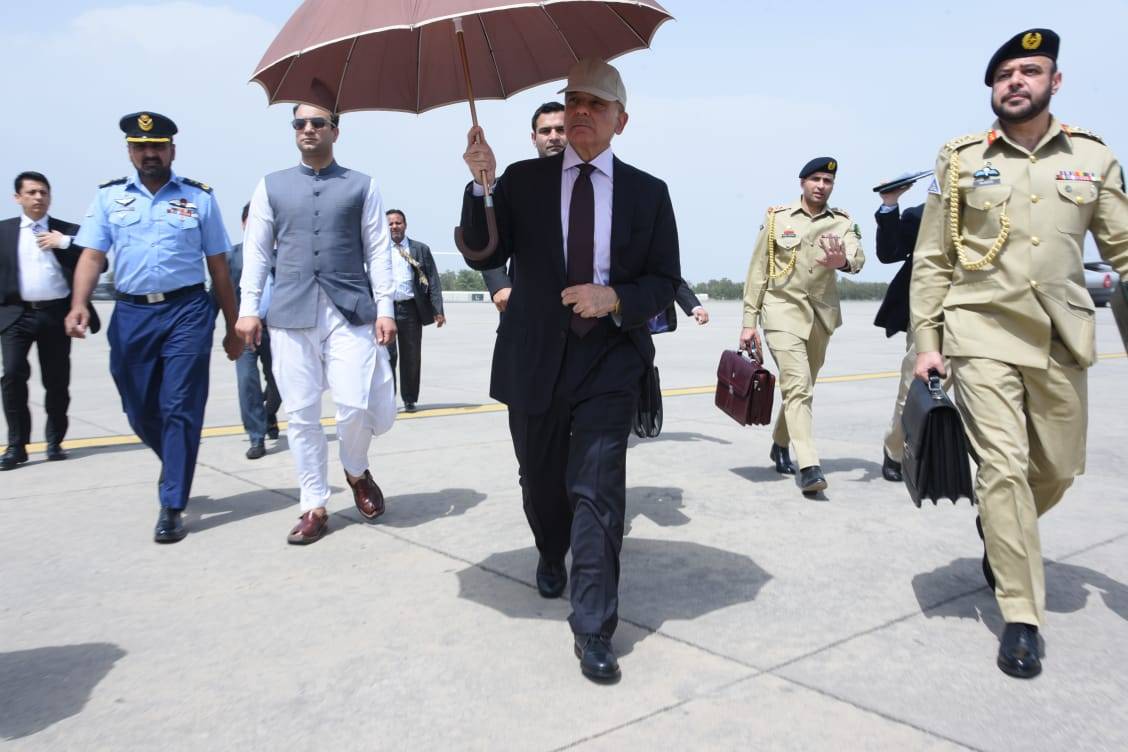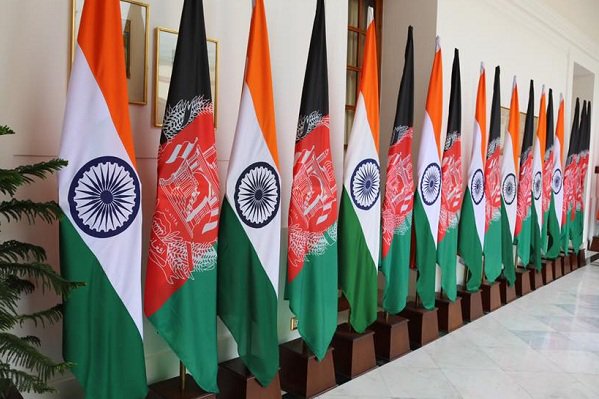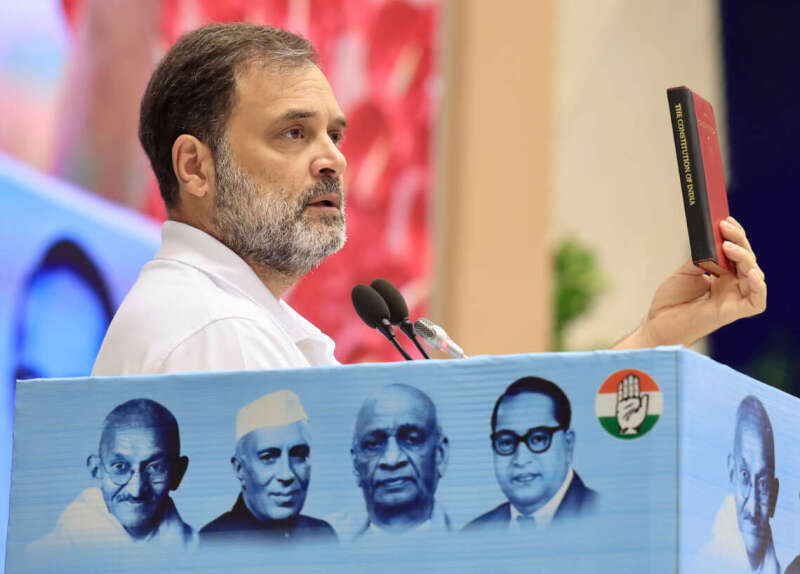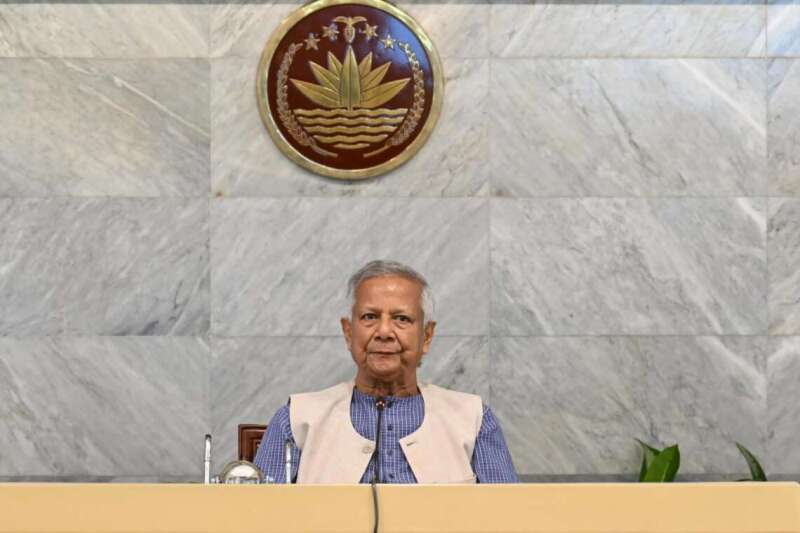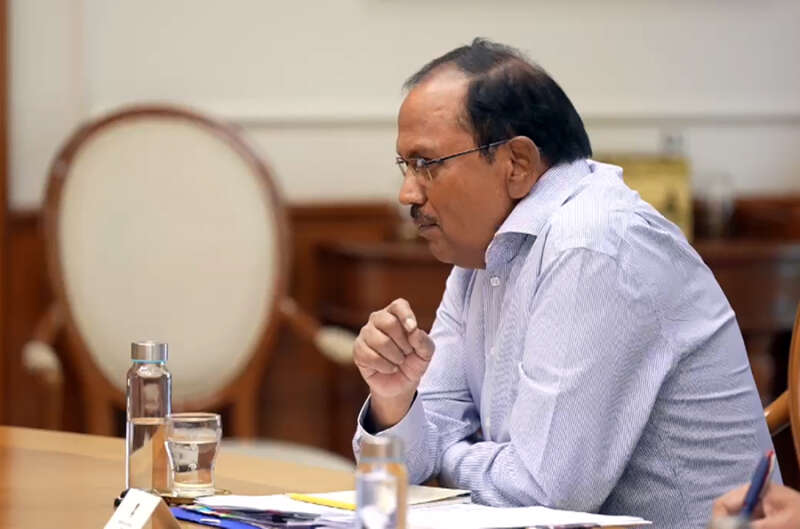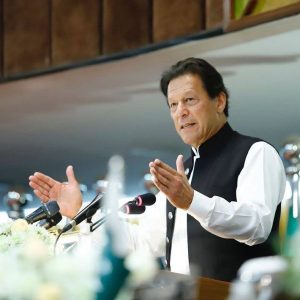The report said that risks to the outlook and programme implementation remain high and tilted to the downside given the very complex domestic and external environment….reports Asian Lite News
As Pakistan’s inflation, which just hit a 47-year-high in August at over 27 per cent, is on an upward curve, the International Monetary Fund (IMF) has warned against protests and instability in the country.
“High food and fuel prices could prompt social protest and instability,” The News quoted the IMF as saying in an executive summary of the seventh and eighth reviews, released under the Extended Fund Facility (EFF).
The report said that risks to the outlook and programme implementation remain high and tilted to the downside given the very complex domestic and external environment.
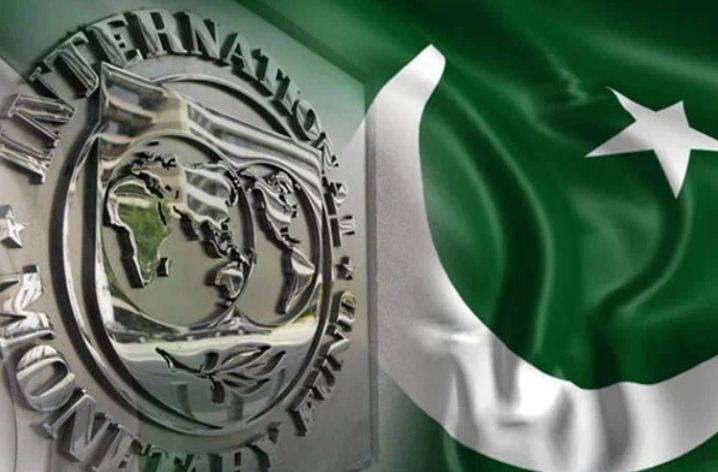
It said that the spillovers from the war in Ukraine through high food and fuel prices, and tighter global financial conditions will continue to weigh on Pakistan’s economy, pressuring the exchange rate and external stability, The News reported.
The report further said that policy slippages remain a risk, as evident in FY22, amplified by weak capacity and powerful vested interests, with the timing of elections uncertain given the complex political setting.
Apart from the risks of protests, socio-political pressures are expected to remain high and could also weigh on policy and reform implementation, especially given the tenuous political coalition and their slim majority in Parliament, it said.
“All this could affect policy decisions and undermine the program’s fiscal adjustment strategy, jeopardising macro-financial and external stability and debt sustainability,” it said.
Moreover, elevated near-term domestic financing needs may overstretch the financial sector’s absorption capacity and cause market disruption, The News reported.
The IMF said substantial risks stem from higher interest rates, a larger-than-expected growth slowdown, pressures on the exchange rate, renewed policy reversals, weaker medium-term growth, and contingent liabilities related to state-owned enterprises (SOEs).
The report also mentioned that the former government of PTI granted a four-month “relief package” in late February that reversed commitments to fiscal discipline made earlier in the year.
The largely untargeted package reduced petrol and diesel prices (through a generous general subsidy and setting fuel taxes at zero taxation); lowered electricity tariffs by Rs5/kwh for almost all households and commercial consumers; and provided tax exemptions and a tax amnesty.


